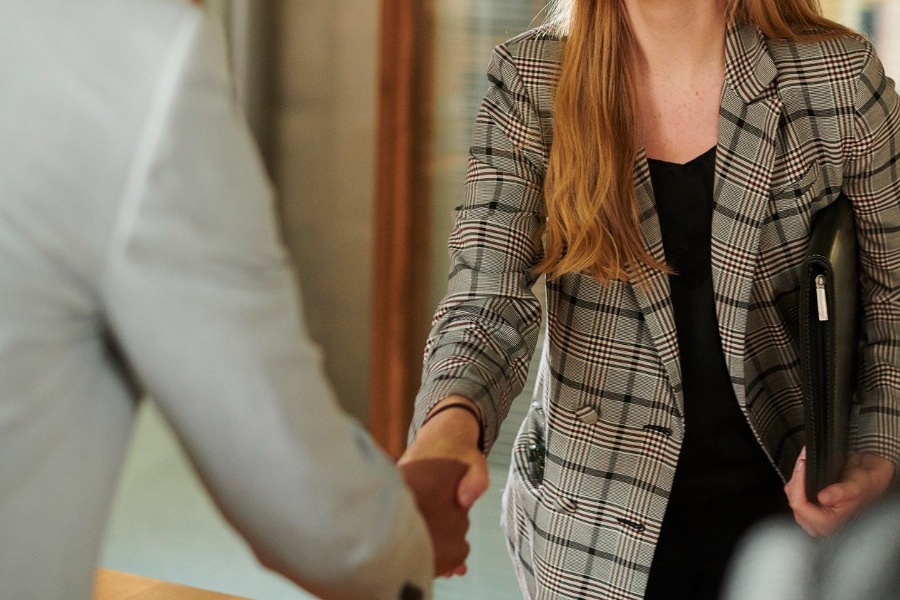Speaking to attendees at the Marsh McLennan Rising Professionals’ Global Forum, Lloyd’s of London CEO John Neal noted that awareness of insurance and its worth has never been higher, citing how current events have created “the most uncertain landscape seen for decades.”
Neal, who gave the forum’s closing address, stated that insurance professionals have “real grounds for optimism about the sector you’re in and the time that we’ve got here” in the face of such uncertainty.
This was especially visible during the COVID-19 epidemic, according to the CEO of Lloyd’s, who claimed that it demonstrated how “when the unexpected happens, people look to individuals in the risk management business for answers, and a framework for bouncing back.”
Things will inevitably go wrong, said Neal. We as humans will never be able to completely eradicate risk from our lives, no matter how hard we try. Sometimes, as I discovered with my most recent bicycle accident, it only takes being in the wrong place at the wrong time.
There will always be a need for insurance, he continued. It’s an essential component of a healthy society since it encourages people to be more self-assured and ready for the worst. What we all do is really important and always will be.
The pandemic also highlights the importance of having “very clear policies” and having the tools necessary to “explain to clients really articulately when they have cover and when they don’t,” said Lloyd’s CEO
Neal asserts that the insurance sector plays two roles in the uncertain environment of today. Insurers must assist clients in developing resilience in addition to helping them respond to hazards.
It would be pointless to wait for one of these alleged “black swan” events to occur, write a check, and then say, “Great, we’ll wait for the next one,” he added. “We must comprehend the root causes. We must communicate our knowledge and aid society in preparing for unavoidable future occurrences. And that’s what we at Lloyd’s and the rest of our industry are attempting.
Neal referred to insurance as a “timeless and necessary” good. Even back then, he asserted that the present day is the “most intriguing period” to be in the business.
There are many substantial challenges to address, he remarked. “How we address climate change will have both long-term and short-term effects, as well as social and environmental costs, local and global implications, and insurance is far from being ignored in this regard. We are leading the way in responding and advancing climate action with the things we are able to produce.
The CEO of Lloyd’s also spoke on the macroeconomic effects of high inflation and modest development, and he recommended that the insurance sector advance by taking into account the risks posed by customers, supply networks, and organisations.
He also spoke about the situation in Ukraine, claiming that the invasion by Russia resulted in “devastating human cost and a rearranging of the energy, political, and technological objectives.”
“As insurers, the challenge is to manage these complex risks and do so with the sensitivity it requires, while at the same time being forward-thinking enough to think about the issues that could occur in a month, in a year, and perhaps even in a decade,” he said
Where does the current situation leave us in the pursuit of Net Zero, Neal asked as he concluded his remarks? What will the current situation entail for China’s and India’s future ties with us? And how will that be affected in the coming years? We must develop our own expertise rather than relying just on politicians for the solutions.





